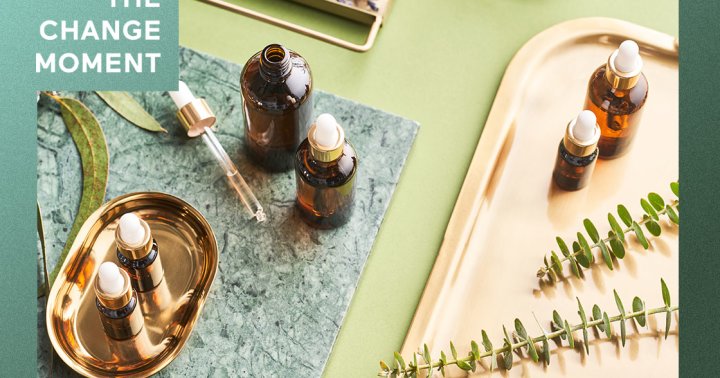
The fix to this is to use readily biodegradable ingredients. But even the term "biodegradable" comes with contention. "Right now in the cosmetic industry biodegradability is not regulated, so it's up to a brand's interpretation of what that means for them—is it five years? 10? A few weeks? And in what conditions can the ingredient break down? Unfortunately, there's no standard methodology for testing or defining the term right now," says clean cosmetic chemist Krupa Koestline, founder of KKT Consulting, in this episode of Clean Beauty School.
Essentially, Koestline warns, the stage is set for a new branch of greenwashing. This, of course, doesn't mean that brands who tout the use of biodegradable ingredients should be an automatic red flag—however, just be mindful that "biodegradable" joins the ranks of "clean" and "natural" in that there are no defined criteria for its use. "Even if something takes 100 years to biodegrade, technically you can still call it biodegradable, but I would not call it biodegradable at that point," she says.
If a brand says they use biodegradable ingredients in their formulas, see if they offer any more information—look for keywords like "readily biodegradable," "ultimate biodegradation," or even provide an amount of time that it can degrade under natural conditions.
And while formula biodegradability hasn't entered the cultural zeitgeist in the same way as sourcing practices or packaging materials, some brands have thankfully started to pivot before there's public pressure to do so. Take Unilever, for example. The brand (who to their credit is pretty regularly at the forefront of sustainability initiatives) announced that by 2030, all the ingredients they use in their products will biodegrade completely and quickly (they note that for them "quickly" means within hours, days, or a few weeks at most). Of course, I must say: Many natural, clean, and indie brands have long been using biodegradable ingredients—without advertising it.
But there are still brands that use these ingredients in products, from face cleansers to body options to shampoos. If you want to limit your use in the meantime, look for products free of silicones (especially cyclic-silicones), petrochemical polymers, and PFAS. Clearly, work is needed.
"ingredients" - Google News
April 26, 2022 at 04:31PM
https://ift.tt/n7MfWia
What Is A Product's Afterlife? Why You Need To Think About Formula Waste - mindbodygreen.com
"ingredients" - Google News
https://ift.tt/PyAoDqv
Shoes Man Tutorial
Pos News Update
Meme Update
Korean Entertainment News
Japan News Update
Bagikan Berita Ini














0 Response to "What Is A Product's Afterlife? Why You Need To Think About Formula Waste - mindbodygreen.com"
Post a Comment